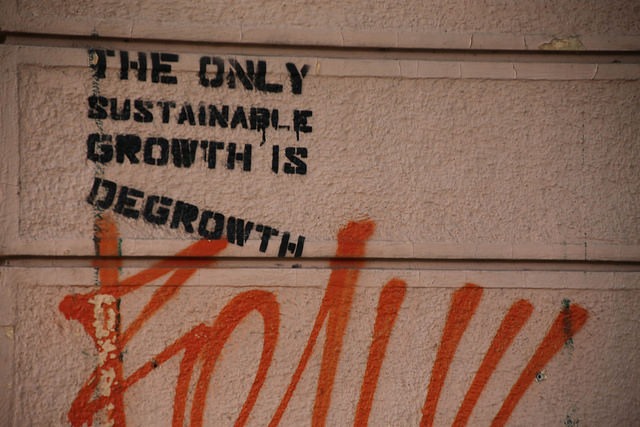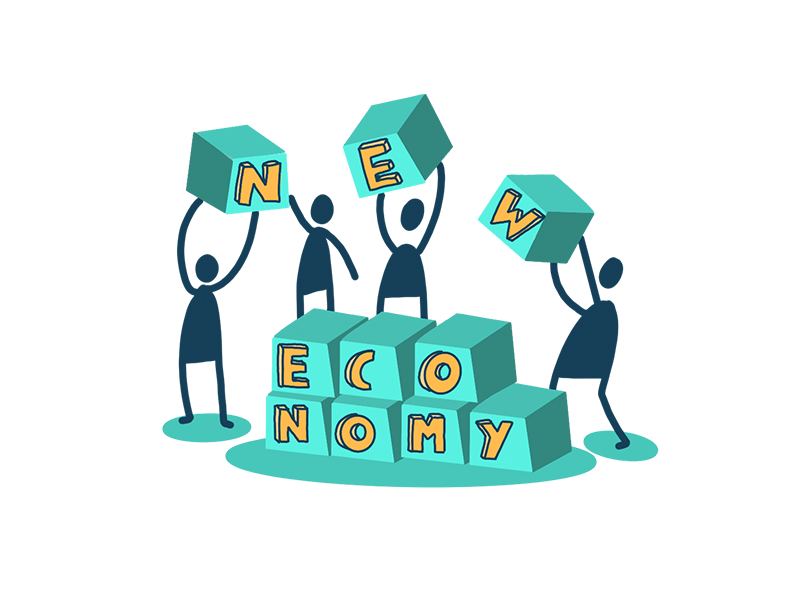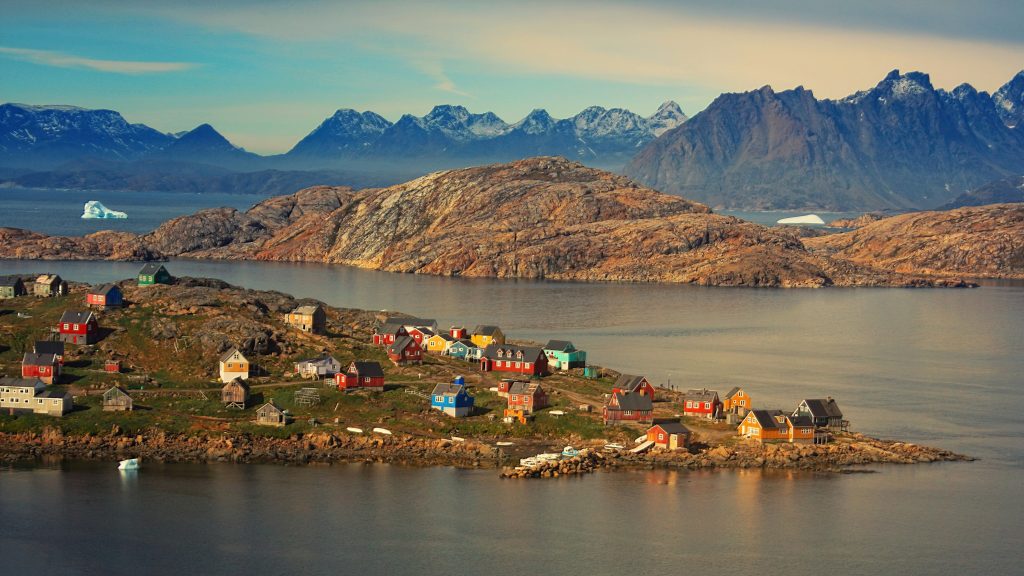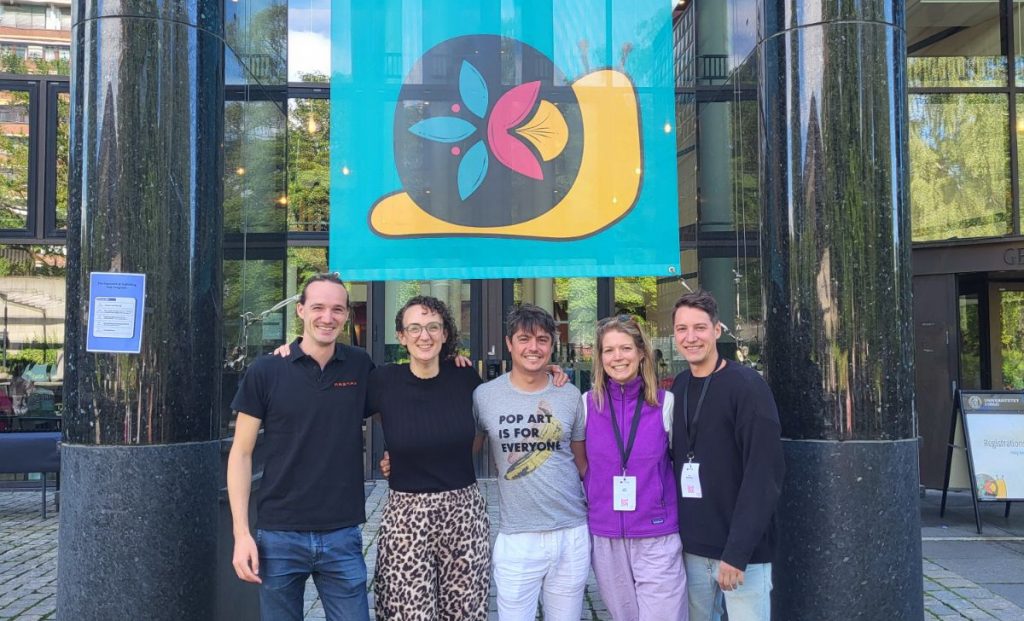One of the most pressing needs of our age is to veer away from the cliff-edge that overconsumption is driving us towards, and find new ways to live in a world that — to quote Mahatma Gandhi — “has enough for everyone’s needs, but not for everyone’s greed”.
But how do we get there?
Energy and raw materials are the basic physical inputs for our current economic system, and a constant availability of cheap resources is the essential fuel for economic growth. But everywhere we look, we see that the global economy is plundering the Earth’s resources at a faster rate than they can be regenerated. This cannot last forever – and we are beginning to see the impacts of the system breaking down.
One commonly-proposed solution is to make production processes more efficient: if we keep the growth engine the same, but use fewer resources and less energy per unit of input, we should be able to keep within planetary limits.
The problem is that the system doesn’t stay the same: the so-called ‘rebound effect’ means improvements in the efficient use of natural resources and energy in the production process can actually backfire and increase the total amount used over time. This is because as efficiency gains drive down production costs, it becomes cheaper to produce more consumer goods. The money we save from resource and energy efficiency, is spent on other products that use energy and natural resources, so overall consumption rises.
We are caught in a perverse mechanism of constant GDP growth with the dubious idea that this will lead to employment growth. But what we actually need is an equitable downscaling of production and consumption that will reduce societies’ throughput of energy and raw materials. A fundamental re-thinking of our economic and development model is urgent.
Hence, an increase in resource efficiency must go hand-in-hand with an intelligent restraint of economic growth and overall consumption. This leads us to the concept of eco-sufficiency, which is about using enough. Enough resources and energy to allow us to flourish without compromising ecosystem stability.
Leida Rijnhout, resource justice and sustainability programme coordinator at Friends of the Earth Europe, said: “Our overconsumption means natural resources are getting scarcer by the day and increasingly extracted in vulnerable places. This causes huge, often irreversible, environmental and social costs. We are not only consuming the natural resources available to the current generation in a very unsustainable way, but also hijacking the future of upcoming generations.”
We must gear up for a paradigm shift. We have to break free from the green/sustainable growth dogma and embrace a strategy of eco-sufficiency, based on the redistribution of wealth to ensure people’s well-being. This is not only for environmental reasons, but also to guarantee sustainable livelihoods for everybody on a finite planet.
So far the debate on eco-sufficiency has been mostly confined to the academic and grassroots level without real engagement from EU policy makers. We want this conference to open the door for decision-makers to approach the eco-sufficiency topic, and spark a debate around these crucial questions that will shape the transition towards a post-growth society.








